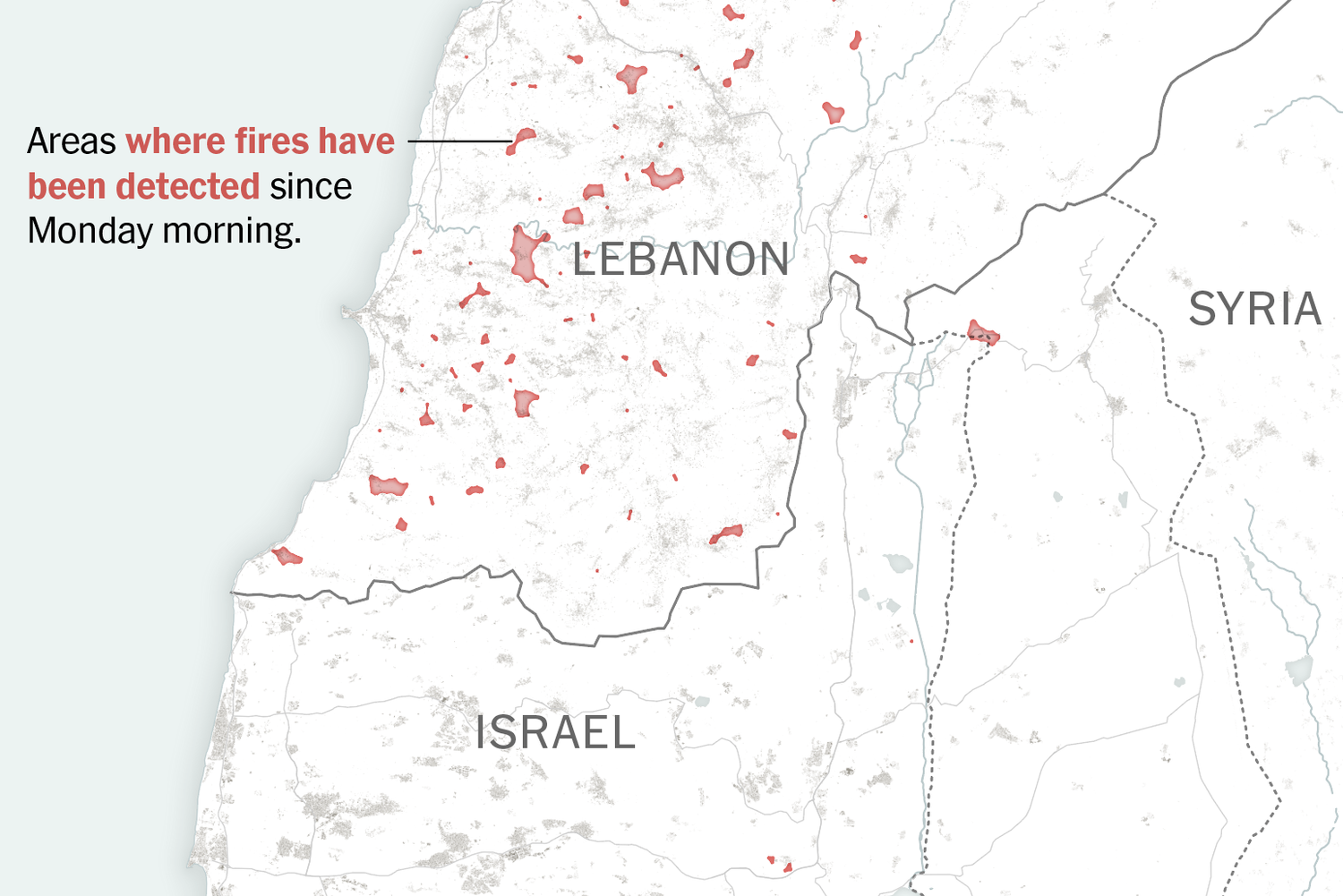Editorial
A recent report has issued a stark warning about Pakistan’s increasing security challenges, drawing alarming comparisons to the pre-2015 era. The Pakistan Security Report 2024, published by the Islamabad-based Pak Institute for Peace Studies (PIPS), highlights the alarming rise in terrorist attacks and fatalities across the country, pointing to an urgent need for comprehensive counterterrorism measures.
The report paints a grim picture of a security landscape deteriorating at a rapid pace, with incidents of militant violence soaring in 2024. In a disturbing development, the report draws parallels to the tragic events leading up to the deadly 2014 Peshawar Army Public School attack. The number of terrorist attacks surged by a staggering 70 percent compared to the previous year, totaling 521 incidents in 2024. These attacks resulted in the tragic deaths of 852 people and left over 1,000 injured, signaling a major escalation in militant activity.
Khyber Pakhtunkhwa (KP) and Balochistan are identified as the epicenters of the violence, accounting for more than 95 percent of all terrorist incidents in Pakistan. KP alone witnessed 295 attacks, causing 509 fatalities and 517 injuries. Balochistan, on the other hand, saw an 84 percent increase in terrorist activity, with 202 incidents that claimed 322 lives and injured 534 people. Notably, the Balochistan Liberation Army (BLA) has emerged as a significant force in the region, causing 225 fatalities, almost rivaling the toll of the Tehrik-i-Taliban Pakistan (TTP), which was responsible for around 300 deaths in the same year.
The report also highlights a concerning rise in sectarian violence, particularly in the Kurram district of KP, where 234 people were killed in such conflicts—an alarming jump from just 43 fatalities in 2023. This increase in sectarian violence emphasizes the growing complexity of Pakistan’s security situation and the need for a multifaceted approach to counter the rising threat.
Addressing the root causes of this violence, the report stresses the importance of greater cooperation between provincial and federal authorities, particularly in KP and Balochistan. Strengthening civilian law enforcement and enhancing the counter-terrorism capabilities of local police forces are seen as crucial steps in mitigating the growing threat. To address the rise of the BLA, the report calls for a political and socioeconomic program aimed at integrating the Baloch population, addressing longstanding grievances, and resolving issues like enforced disappearances.
While Pakistan’s security forces have intensified anti-militant operations, resulting in the deaths of 932 militants in 2024, experts warn that the cycle of violence may persist unless deeper issues—such as support for militants in neighboring Afghanistan—are addressed. The report underscores the need for a balanced approach that combines military actions with community-focused strategies to rebuild trust and isolate extremist elements.
The Pakistan Security Report 2024 concludes with a call for urgent national and provincial cooperation to address these growing threats, emphasizing the importance of engaging local communities and fostering dialogue to pave the way for long-term stability and peace.
















